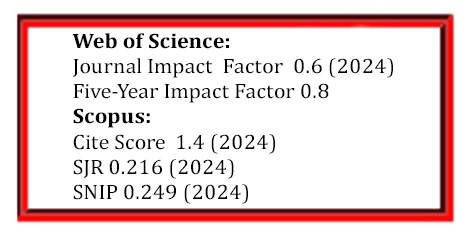Experimental Investigation of Mortars with Diverse Sand Types
DOI:
https://doi.org/10.5755/j02.ms.42440Keywords:
compressive strength, consistency, absorption, mortar, recycled sandAbstract
Fine aggregates, particularly river sand (NS) and crushed sand (CS), play a key role in concrete production. However, the excessive extraction of river sand has become a serious environmental concern, encouraging the search for sustainable alternatives. This study investigates the feasibility of incorporating recycled sand (RS), obtained by crushing and grinding standard concrete cylinders (16 × 32 cm), as a partial replacement for NS and CS in ternary mortar mixtures, with substitution levels ranging from 20 % to 100 %. Mortars were prepared with a fixed water-to-cement ratio, and their fresh and hardened properties were evaluated in terms of workability, bulk density, water absorption (immersion and capillarity), and compressive strength at 3, 14, and 28 days. The results show that mortars containing up to 40 % RS maintain mechanical and physical performances comparable to those prepared with natural sand. Beyond this threshold, compressive strength decreases and water absorption increases. A strong correlation (R² = 0.98) was observed between dry density and water absorption, confirming the consistency of the results. Overall, the findings demonstrate that recycled sand produced from laboratory concrete specimens can be effectively used as a sustainable alternative in mortar production, contributing to resource conservation and reducing the environmental footprint of the construction sector.
Downloads
Published
Issue
Section
License
The copyrights for articles in this journal are retained by the author(s), with first publication rights granted to the journal. By virtue of their appearance in this open-access journal, articles are free to use with proper attribution in educational and other non-commercial settings.



